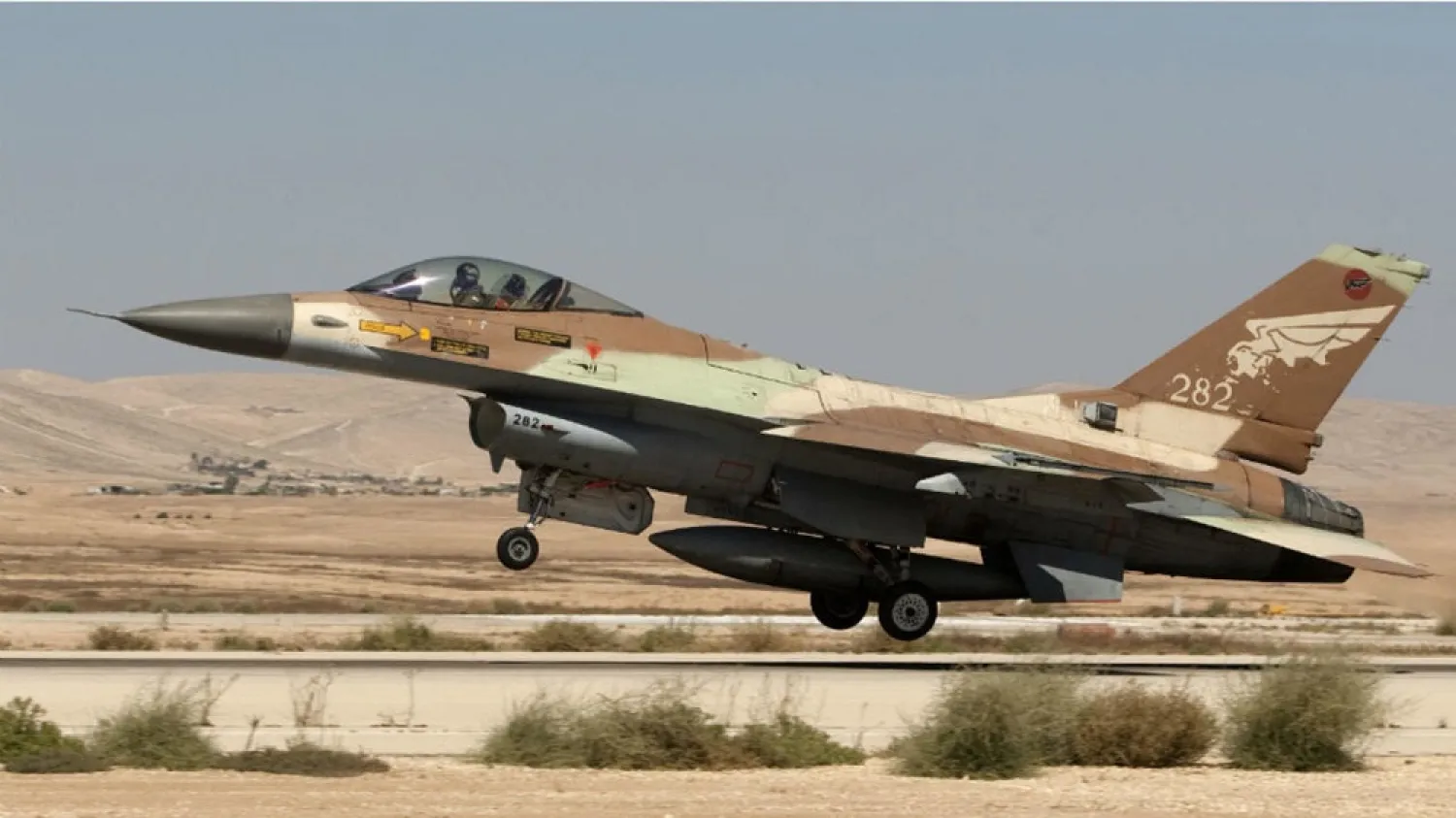Ukraine said Tuesday there was no "plausible" evidence it launched a drone attack on one of Russian President Vladimir Putin's residences, accusing Moscow of peddling falsehoods to manipulate talks on ending the war.
Ukraine's allies have expressed skepticism about Russia's claim.
German Chancellor Friedrich Merz called for "transparency", while a French presidential source described the Kremlin's statements as an "act of defiance" against US President Donald Trump's efforts to broker peace.
Ukrainian President Volodymyr Zelensky, who has called Russia's claim a "complete fabrication", said he would meet with leaders of Kyiv's allies on January 6 in France in a bid to renew peace efforts.
In comments to journalists on Tuesday, the Ukrainian leader repeated his assertion that the attack was faked and called on partners to verify this.
"Our negotiating team connected with the American team, they went through the details, and we understand that it's fake," he said.
The Kremlin said Tuesday it considered the alleged drone attack on Putin's secluded residence in the Novgorod region to be a "terrorist act" and a "personal attack against Putin".
But it said it could not provide evidence for its claim as the drones were "all shot down".
It also said the Russian army had chosen "how, when and where" to retaliate against Ukraine, and that Moscow would now "toughen" its negotiating position in talks to end Europe's worst conflict since World War Two.
Russia has hit Ukraine with an almost daily barrage of drones and missiles for almost four years, killing thousands.
- European leaders rally around Ukraine -
European leaders rallied around Ukraine following Moscow's allegation. Zelensky said a summit of the so-called "coalition of the willing" -- a group of Western countries that have pledged further support for Ukraine -- would take place on January 6 in France.
The summit would be preceded by a meeting of security advisors from the allied countries, Zelensky said on X, adding: "We are planning it for January 3 in Ukraine."
Germany's Merz said on social media that Kyiv's allies were "moving the peace process forward. Transparency and honesty are now required from everyone -- including Russia."
But US President Donald Trump -- who spoke to Putin on Monday -- directed criticism at Kyiv on Monday, despite Ukraine calling the incident staged.
"You know who told me about it? President Putin, early in the morning, he said he was attacked. It's no good," Trump said.
"It's one thing to be offensive because they're offensive. It's another thing to attack his house," the US leader said.
Moscow has not said where Putin was at the time.
The longtime Russian leader's residences are shrouded in secrecy in Russia -- as is much of his private life.
- Secretive residence -
The late Russian opposition leader Alexei Navalny, who died in an Arctic prison last year, had published investigations into Putin's luxury lake-side residence in the Novgorod region.
Putin had been increasingly using the residence since the Ukraine war began, as it is more secluded and better protected by air defense installations, according to an investigation by RFE/RL.
Moscow's allegation comes at a pivotal moment for diplomacy to end the war.
Ukraine has said it has agreed to 90 percent of a US-drafted peace plan, but Russia has been hesitant to accept a deal that does not meet its maximalist demands.
Putin has repeatedly said that Russia intends to seize the rest of Ukrainian land he has proclaimed as Russian if diplomacy fails.
Russia's advance in eastern Ukraine picked up pace in autumn, with Moscow's troops seizing more villages with every week since.
Ukraine's navy on Tuesday blamed Russia for drone attacks on two civilian vessels in the Odesa region that Russia has been battering with strikes in the past weeks.
Ukraine on Tuesday also ordered the mandatory evacuation of several villages in the northern Chernigiv region, which borders Moscow-allied Belarus, due to intense Russian shelling.









